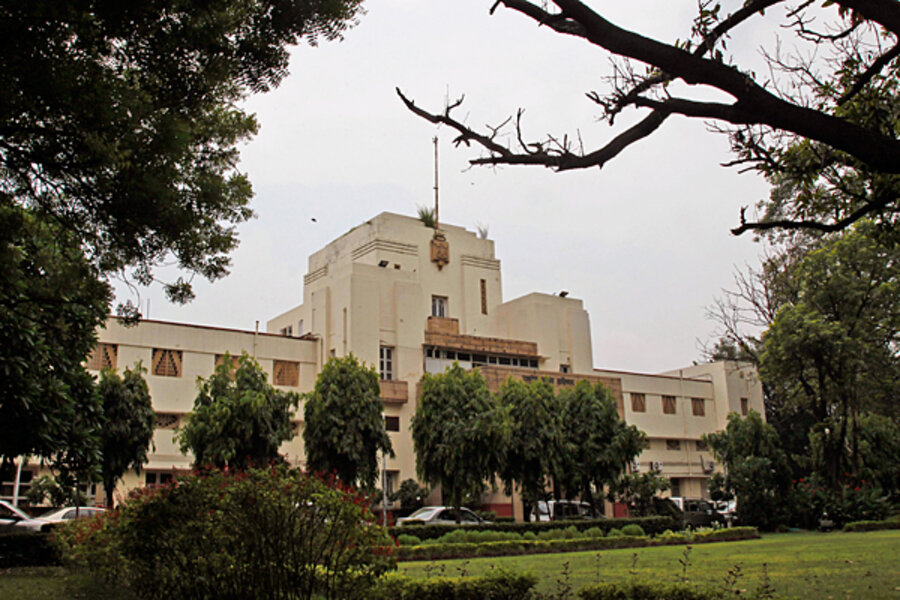Fairy tale: Court ruling awards $3.3 billion to Indian princesses
Loading...
A roundup of global reports
Scheming servants, disinherited princesses, forged wills – these are standard elements of fantasy. But for the daughters of Sir Harinder Singh Brar, the last Maharajah (or king) of Faridkot, a small city in India, the elements are all part of a very real saga they have endured for more than two decades.
Last Thursday, a judge in Chandigarh, in the northwest state of Punjab, awarded Mr. Brar’s daughters the equivalent of $3.3 billion after ruling that a 31-year old last will and testament that placed his estate in the hands of his servants and lawyers was a forgery. The verdict ended the decades-long legal battle and made the sisters the 33rd richest in India, according to the Guardian.
According to the Hindu newspaper, Maharajah Brar’s servants and lawyers forged the will in 1982, while the maharajah was in the grips of depression following his only son’s death. Instead of awarding his assets to his family, the fraudulent will set up the Maharawal Khewaji Trust to manage Mr. Brar’s estate.
The suspicion about the will arose as the Maharaja excluded his mother Mohinder Kaur and his wife Narinder Kaur while all the servants, irrespective of their designation, and lawyers were appointed trustees. Amrit had been divested of all the powers of heiress on the grounds that she had married against the wishes of the late Maharaja. Deepinder had been appointed trust chairman on paltry salary of Rs 1,200 per month while Maheepinder Kaur was given a salary of Rs 1,000 a month.
Brar had been the ruler of Faridkot until 1947, when India gained independence from Britain, reports the Times of India. After independence, he was allowed to keep his fortune and properties.
The maharajah died in 1989 and three years later his daughter Amrit Kaur filed a suit against the trust, alleging that the will had been forged. And after 21 years, a court magistrate ruled that the will was a fraud, thereby making the trust’s claim to the estate illegal.
Instead, Brar’s two daughters, Amrit Kaur and Deepinder Kaur, were awarded the remainder of the former royal’s estate, which included several properties and palaces, jewels, and even a private aerodrome, reports the Daily Telegraph. A third daughter, Maheepinder Kaur, died in 2001.
However, according to the Times of India, the Maharawal Khewaji Trust is planning on challenging the ruling to an upper court, with Ranjit Singh, the trust’s legal counsel claiming that “The will was real and it was not forged.”







